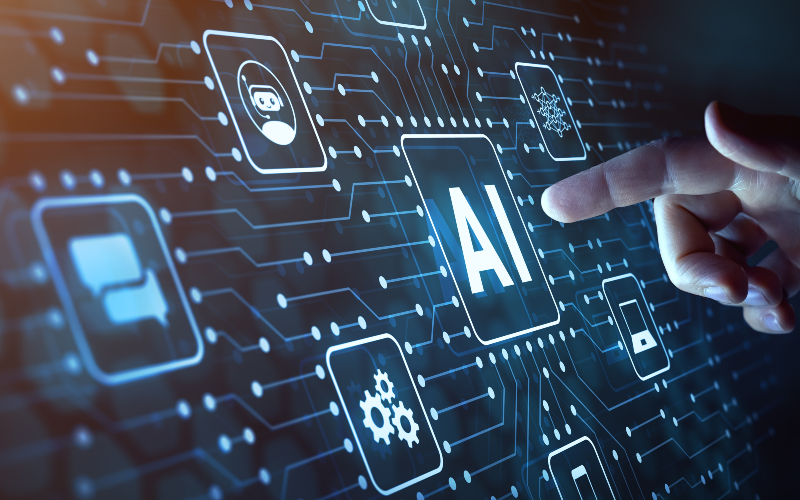How Artificial Intelligence is Revolutionizing Industries
Artificial Intelligence (AI) stands as one of the most transformative technologies in recent times, reshaping industries across the board. Its ability to replicate human intelligence has unleashed a wave of innovation, impacting sectors from healthcare to agriculture, offering tangible advantages to both businesses and consumers.
A standout arena where AI shines is process automation. Powered by sophisticated algorithms and machine learning, machines can now autonomously tackle intricate tasks, slashing costs and supercharging production efficiency. This has empowered industries to fine-tune their operations, mitigate human errors, and accelerate output.
Moreover, AI is transforming customer interactions, reshaping how companies engage with their clients. Real-time data analysis equips businesses to comprehend customer behaviors intricately, tailoring products and services to individual preferences. The proliferation of chatbots and virtual assistants ensures 24/7, efficient customer service.
Manufacturing is yet another beneficiary of AI’s prowess. Process automation has revolutionized factories, rendering them more agile and productive. AI’s predictive capabilities also come into play, forecasting equipment failures and enabling proactive maintenance, ultimately reducing costs and boosting productivity.
The healthcare sector is experiencing its own AI revolution. Advanced algorithms assist medical professionals in analyzing vast datasets, unveiling patterns crucial for diagnosing and treating diseases. Additionally, AI is spurring the development of personalized and more effective medications, enhancing patient well-being.
Agriculture joins the AI transformation, thanks to drones and sensors that enable precise crop monitoring. These technologies detect early signs of issues like pests and diseases, allowing timely intervention. AI’s role extends to optimizing resource allocation, minimizing environmental impact, and bolstering crop yields.
However, alongside these benefits come challenges and ethical concerns. Privacy and ethics, particularly regarding data handling, are paramount issues. Additionally, the potential displacement of jobs by machines necessitates a reevaluation of society’s preparedness for this new AI-driven landscape.
In conclusion, artificial intelligence is catalyzing sweeping changes across industries, from streamlined processes to tailored customer service. However, a responsible and ethical approach to AI implementation is crucial, considering its broader societal and economic ramifications.

